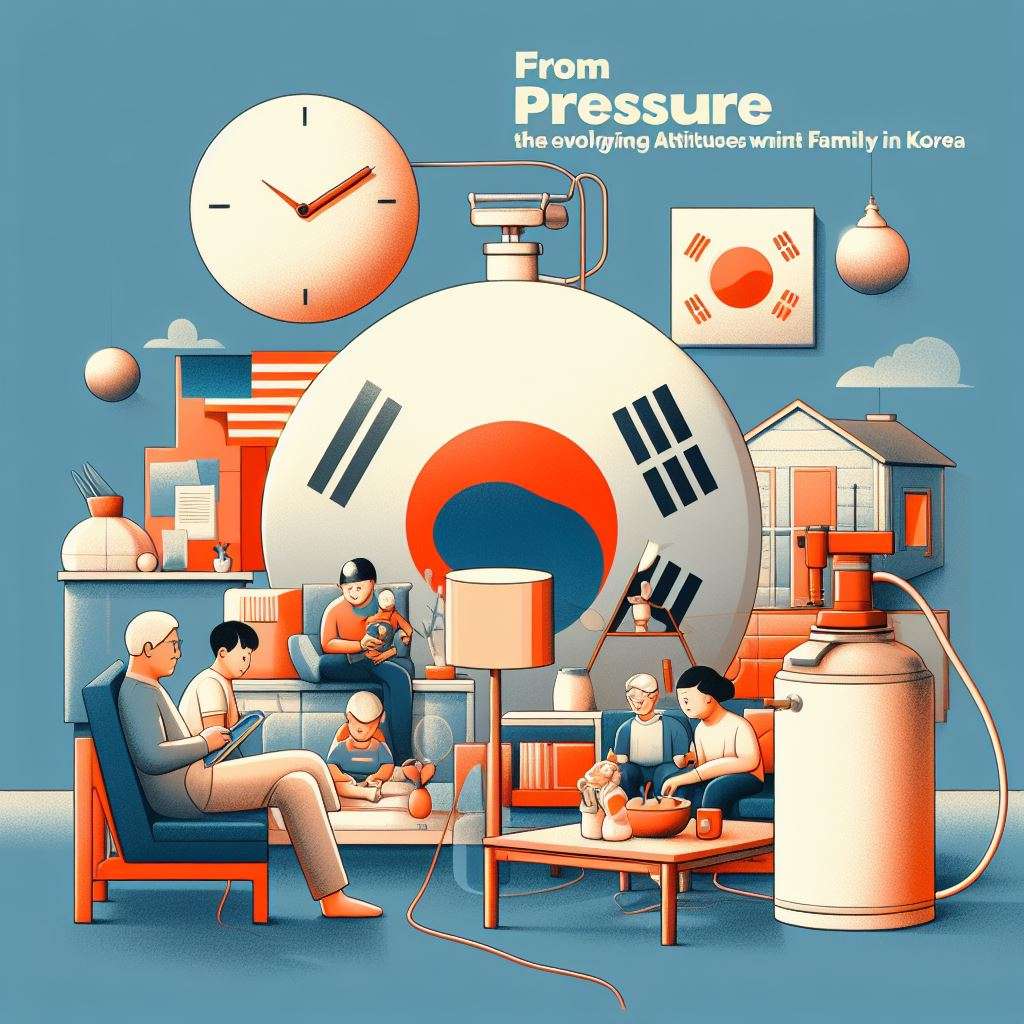
Traditional Korean Family Values
Historically, Korean society has been deeply influenced by Confucian ideals, which emphasize filial piety, respect for elders, and a strong sense of duty towards family. The traditional family structure, typically a large, patriarchal extended family, was seen as the bedrock of society. This structure, known as ‘Chon-gae,’ played a pivotal role in maintaining social order and transmitting cultural values.
Impact of Modernization and Western Influences
The rapid modernization of Korea, especially since the late 20th century, has significantly altered family dynamics. Western concepts of individualism and self-fulfillment have gradually permeated Korean culture, challenging the traditional Confucian family ethos. This shift has been further accelerated by economic development, urbanization, and increased educational opportunities, particularly for women.
Changing Dynamics in Gender Roles and Marriage
One of the most significant changes in Korean family attitudes is the evolving role of women. Traditionally relegated to domestic roles, women are now increasingly pursuing higher education and careers, leading to shifts in gender expectations and marriage dynamics. The concept of marriage, once viewed primarily as a social obligation, is increasingly seen as a partnership based on mutual love and respect. This transition is evident in the growing trend of dual-income households and more egalitarian relationships.
The Phenomenon of Low Birth Rates
Korea is experiencing one of the world’s lowest birth rates, a trend that dramatically affects family structures and societal attitudes towards family. This decline is attributed to several factors, including the high cost of living and education, the burden of childrearing, and women’s increasing participation in the workforce. The low birth rate poses significant challenges for the future, including an aging population and potential socioeconomic issues.
The Future Outlook of Family Structures in Korea
Looking ahead, the concept of family in Korea is likely to continue evolving. We may see a further departure from traditional extended families to more nuclear or even single-person households. This shift could lead to a redefinition of family roles and responsibilities, as well as changes in government policies and social services to accommodate these new family structures.
In summary, the evolving attitudes towards family in Korea are a reflection of a society grappling with the interplay of traditional values and modern influences. These changes are reshaping Korean culture and will continue to influence the fabric of Korean society in the years to come. This deep dive into the subject not only provides a comprehensive understanding of the current state of family attitudes in Korea but also offers a glimpse into the future of how these dynamics might further evolve.
The Inverted Pyramid: Korea’s Population Challenge and its Future Implications
Hi, I’m [jeybee]. As a long-time resident of Seoul, I’m passionate about uncovering the authentic, everyday magic of Korea. This blog is my way of sharing my favorite spots, tips, and cultural insights with you, beyond the usual tourist traps.

